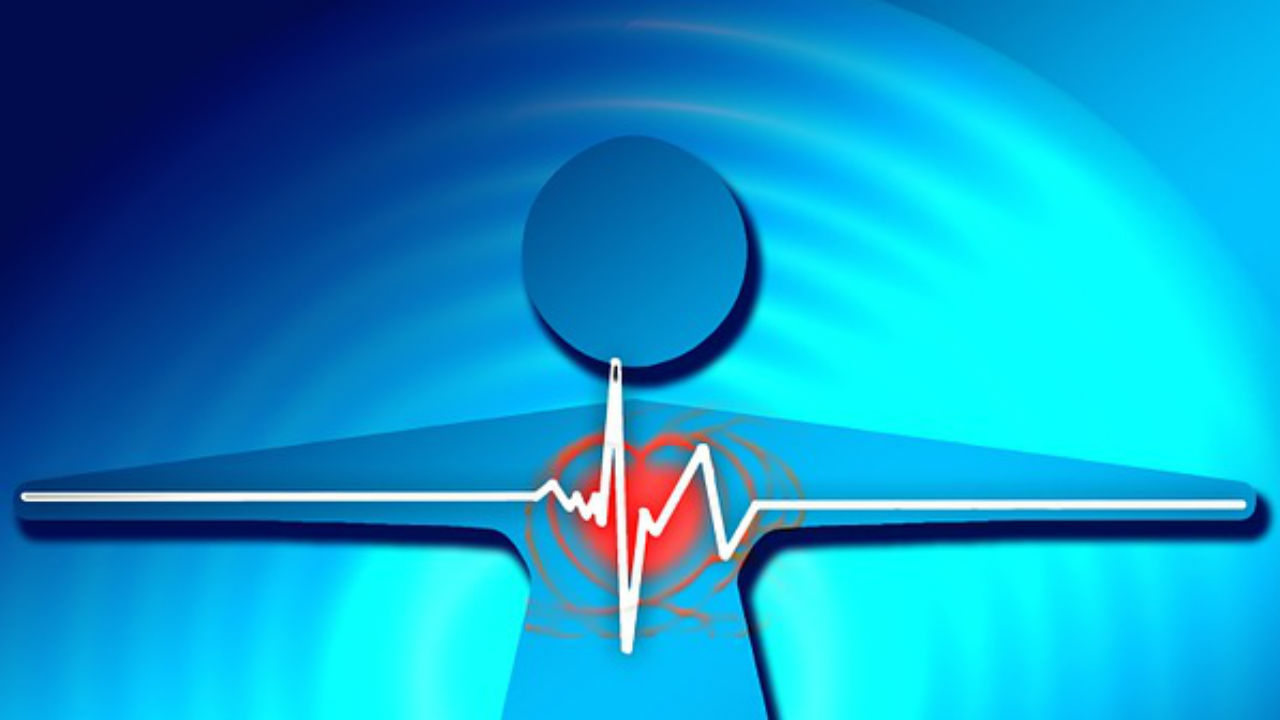Many people have heard of Sudden Infant Death Syndrome (SIDS), which causes babies to die for no apparent reason. The babies are usually under one year old, and many parents fear SIDS when they take their babies home from the hospital. While SIDS cannot be entirely prevented, there are ways to drastically reduce the odds, such as lying babies on their backs, not allowing anything in the cribs, keeping the bedroom at a cooler temperature, maintaining a smoke-free home and even breastfeeding.
Sudden Adult Death Syndrome (SADS) is like SIDS because there is no apparent reason for it. However, there do not seem to be ways to lessen its likelihood. One common cause of SADS is something known as Long QT syndrome, which is a heart condition that may have a genetic component. Long QT syndrome is a disorder with the rhythm of the heart, and it’s a rare condition that can strike at any time. Many people survive an attack (symptoms include pain, dizziness, disorientation and passing out), but others die from seizures caused by the syndrome. Other causes of SADS remain unknown.
SADS is difficult to ascertain in victims who have died as a result of accidents brought on by no apparent reason, meaning victims of SADS may be driving or at home alone. Instances like crashing cars or falling down stairs often lead to the diagnosis of accidental death rather than SADS.
SADS is also known as Sudden Arrhythmic Death Syndrome, and it often occurs in young people. Some instances include older teen athletes who suddenly die for no reason, or young parents who simply never wake up.
From the SADS UK website:
The Warning Signs:
• Family history of unexpected, unexplained sudden death of an apparently healthy person.
• Fainting (syncope) or apparent seizure during physical activity, especially if it happens repeatedly
• Fainting (syncope) or apparent seizure resulting from emotional excitement, emotional distress or on arousal from sleep
• Consistent or unusual chest pain and/or abnormal shortness of breath during exercise.
sources:
http://www.sadsuk.org/
http://www.sads.org/About-SADS/Long-QT-Syndrome
Tell Us
Have you heard of SADS? Do you know someone who has been affected by it or who has survived a sudden onset of Long QT syndrome?
Edited by Shannon Koehle




Add a CommentComments
There are no comments yet. Be the first one and get the conversation started!